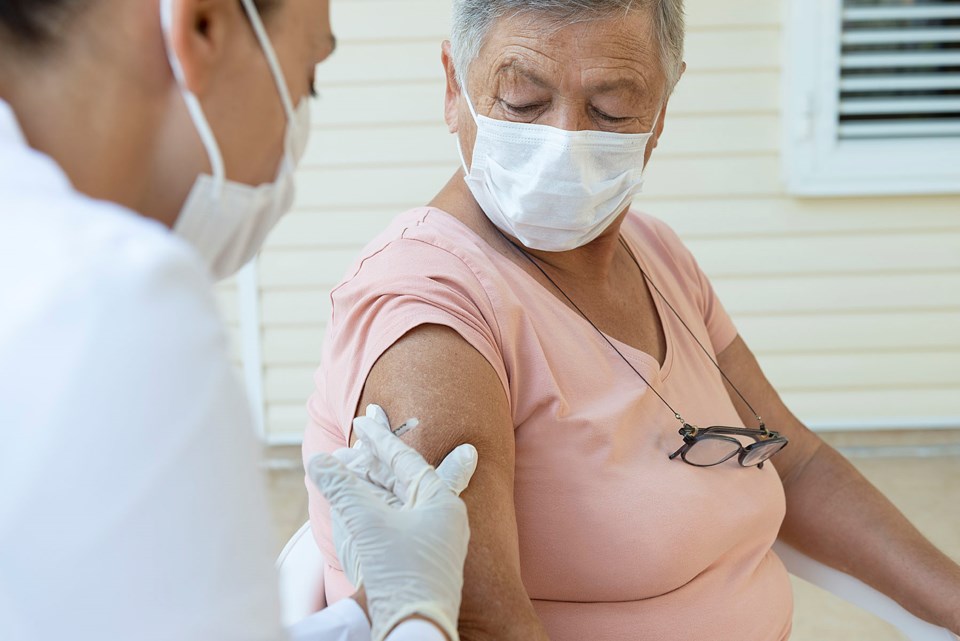Pfizer Inc. is accelerating its COVID-19 vaccine deliveries to Canada, with Prime Minister Justin Trudeau confirming about 1 million doses will arrive each week from the end of March through to mid-May.
As of last week the pharmaceutical giant was set to deliver 1.5 million doses by the end of March, followed by one million doses next month and one million in May.
Instead of 3.5 million doses, Trudeau confirmed Friday Pfizer’s deliveries will total more than 8.5 million between next week and May 10.
“That's going to make a big difference. We have shared these updated delivery schedules with the provinces and territories. This is so they can continue to plan for mass vaccination sites,” the prime minister said during a briefing in Ottawa.
National Operations centre conducted a rehearsal exercise with industry and provincial governments as Canada prepares deploy vaccines to the broader populations
The national operations centre for vaccine distribution conducted a rehearsal exercise earlier this week with industry partners and provincial governments as Canada prepares deploy vaccines to the broader populations in the coming weeks.
B.C. is set to begin distributing doses to the population at large beginning in April.
U.S. President Joe Biden said in a Thursday address his goal is to ensure his country will have enough doses by May 1 to vaccinate all those who are eligible.
This target would allow Americans to celebrate in large gatherings in time for their July 4 holiday.
Despite Pfizer ramping up its deliveries, Trudeau was hesitant to commit to the possibility Canada could also move up its goal of offering vaccines to all Canadians by the end of September.
Instead, he said some provincial leaders told him a day ago that they hope to administer at least a first dose to eligible residents by May.
B.C. has changed its own vaccination strategy recently in a bid to vaccinate more people sooner, albeit with lower levels of protection.
Pfizer and Moderna Inc. (NYSE:MRNA) recommend intervals of three to four weeks between doses, but B.C. had been administering doses six weeks apart since January amid ongoing vaccine shortages.
The province is now administering doses 16 weeks as of March 1.
“If you look at it, the timelines would shift and we would be able to cover … the vast majority of the population [sooner],” deputy chief public health officer Dr. Howard Njoo said during a Thursday briefing, adding this could move up the goal of inoculating all Canadians who want a vaccine “by several weeks.”
“We’re having live discussions, looking at calculations.”
B.C. provincial health officer Dr. Bonnie Henry said earlier this month it’s possible younger British Columbians who expected to be vaccinated in the summer will be getting their first dose by the spring. This would also mean that older British Columbians would be waiting significantly longer for their second dose.
Meanwhile, Trudeau did not outright nix the idea of introducing a domestic vaccination passport when pressed by reporters.
“The idea of certificates of vaccination for international travel exists already,” he said.
“But the idea of certificates of vaccination for domestic use to decide, you know, if you can go to a concert or who can go to a particular restaurant or engage in certain activities does bring in questions of equality, questions of fairness.”



